| | 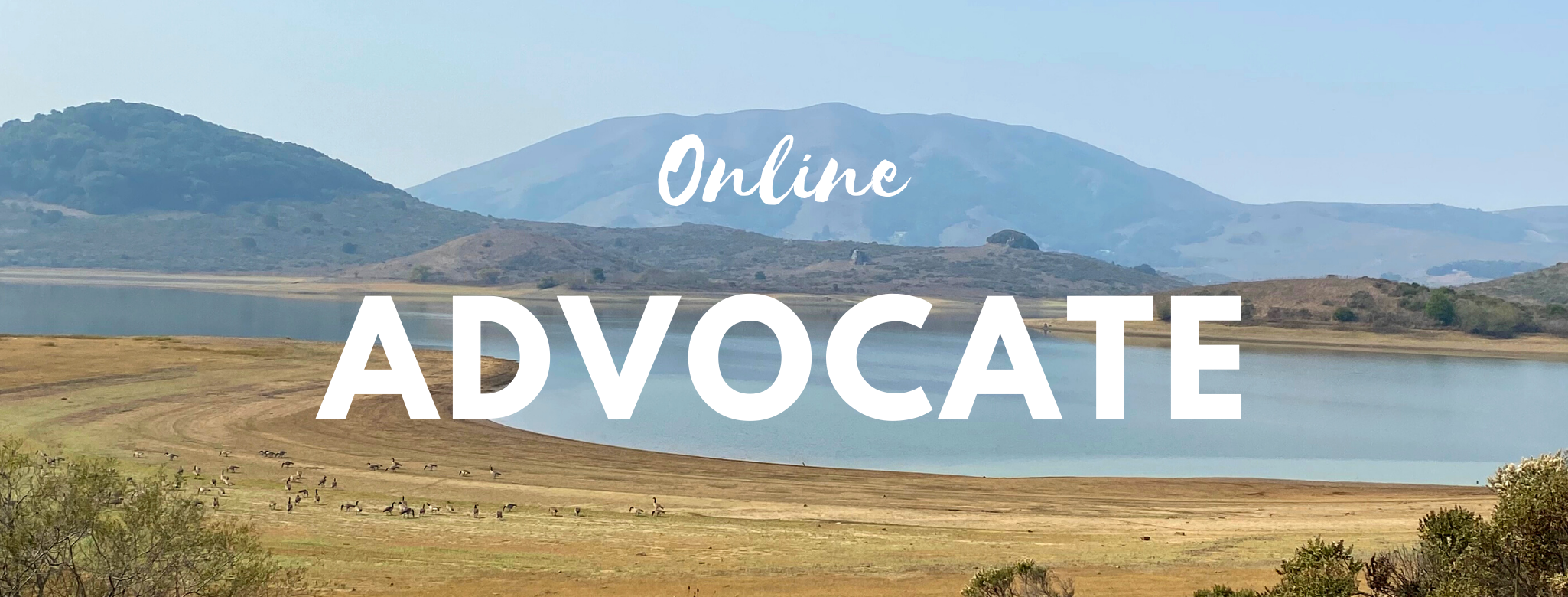 | | Greetings Friend, I hope this letter finds you and your family safe and in good health. Writing this month’s letter to our EAC community, I will admit, is more challenging than it has been in some time. Since our last update, things have become a lot more chaotic globally. From the environmental perspective, the release of the IPCC’s 6th Assessment Report on climate is at the front of my mind. If you have not read the report, or even the summary, I encourage you to read it. What is clear, and has been for many, is that human beings are influencing the changes to our climate that result in warming of our atmosphere, lands, and waters. The impacts of climate change are occurring rapidly and globally. There are no longer impending threats from the climate crisis. We are in a climate emergency, and we need to act. In Northern California, some of these impacts include: ocean warming; changes to our ocean chemistry due to absorption of carbon dioxide; heatwaves; drought; earlier and more frequent and extreme wildfire events; rising sea levels; and extreme storm surges and flooding. When faced with overwhelming challenges like this, I have to think of solutions. What can I do to shift what is happening? When I look at my young children’s faces, I have no choice but to remain hopeful. I can’t help but wonder what kind of future we are leaving for them? Acting on climate must be impactful and meaningful. It has to be. For EAC, this means acting locally, shifting things regionally, and scaling up nationally. The climate crisis touches every part of our work to protect the lands, waters, and biodiversity in coastal Marin. In the coming year, we plan on scaling this up, so we can address climate challenges and collectively move faster as a community to prepare, adapt, and drawdown greenhouse gases. This issue of our e-news features several areas of our work focused on the climate crisis including: planning for our future with the local coastal program updates; advancing blue carbon solutions to drawdown and store greenhouse gas emissions; cleaning up the primarily plastic mess along our roadsides with community stewardship; and reminding everyone that this drought is impacting the entire environment, and we need to find more ways to conserve water for species and habitats. Thank you to everyone who has provided a generous tax-deductible contribution this year and renewed their memberships. Your support makes our work possible and we can't do it without you. In gratitude, |
| 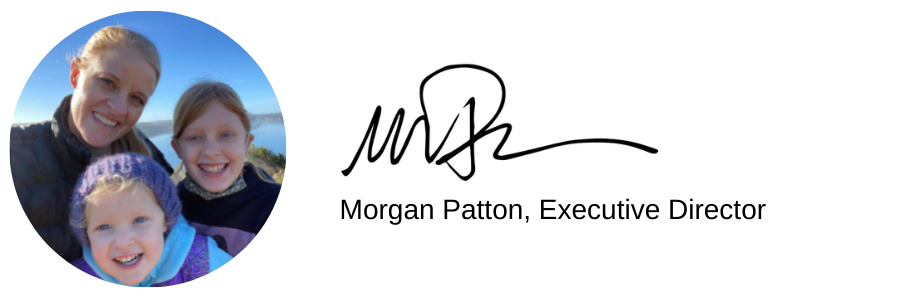 | | P.S. Reminder: Point Reyes Birding & Nature Festival Video Passes Good Through 2021 A big thank you to all our festival participants for joining us for our virtual festival this April. This is just a reminder that you still have time to catch up on what you missed, or review any of the 24 webinars at your leisure through 2021. You can review the Thursday, Friday, Saturday, and Sunday topics and speaker bios online to learn more. If you need help accessing the videos, please contact the office. Missed the Event? Purchase Video Pass Acces:
$100 (members) or $125 (non-members)
Please email us or call (415) 663.9312 to sign up. |
|
|
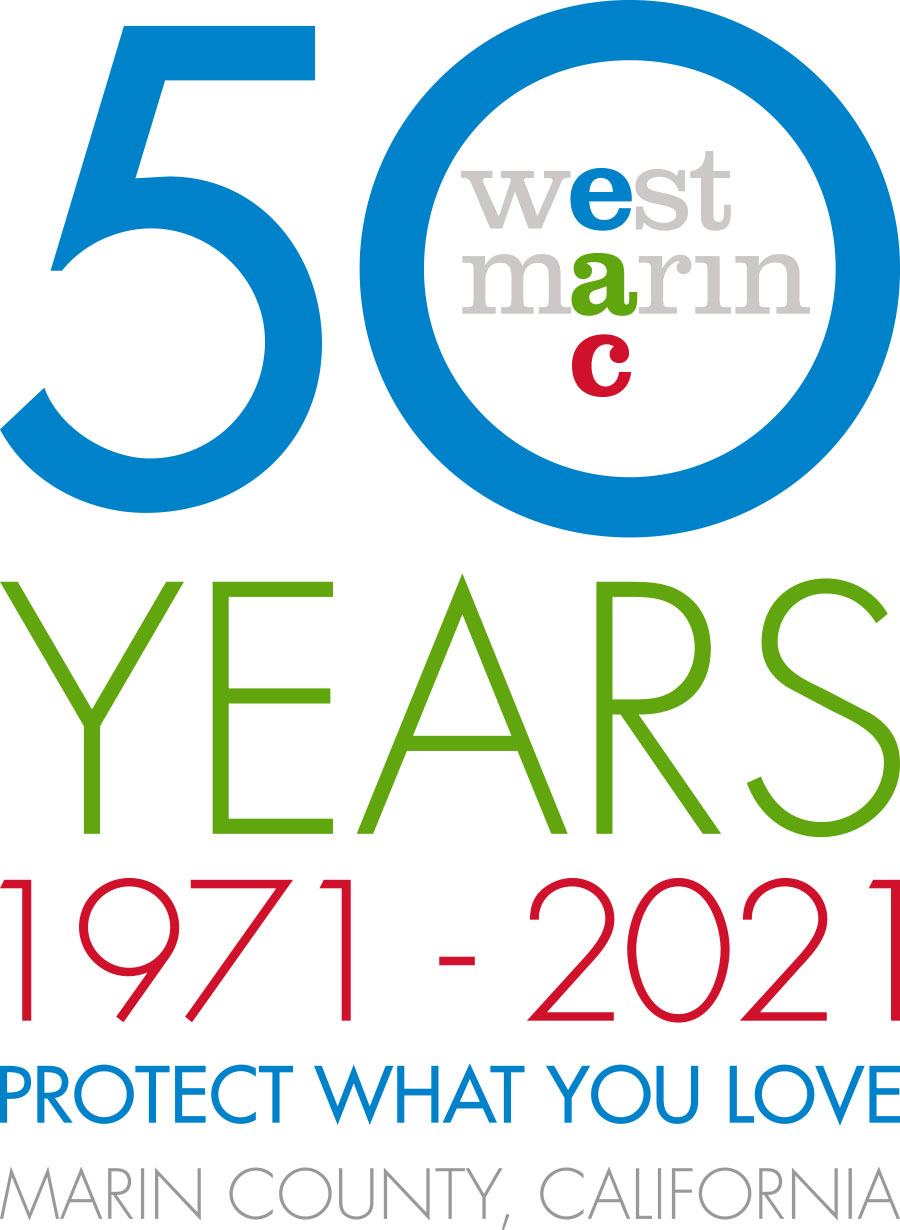 | | | | Did you know you
can set up a recurring gift online? Whether you choose to set up an annual recurring gift, or want to spread out your giving monthly or quarterly, a recurring gift is a great way to provide stable income to our nonprofit, so we can stay focused on our environmental protection advocacy work and impact in our community - thank you! |
| MISSION To protect and sustain the unique lands, waters, and biodiversity of West Marin.
We achieve this goal through advocacy, education and engagement opportunities. VISION Our work strives to provide long-term protection and conservation of the unique ecosystems and rural communities of West Marin, and serves as a foundation of environmental protection for future generations. |
| 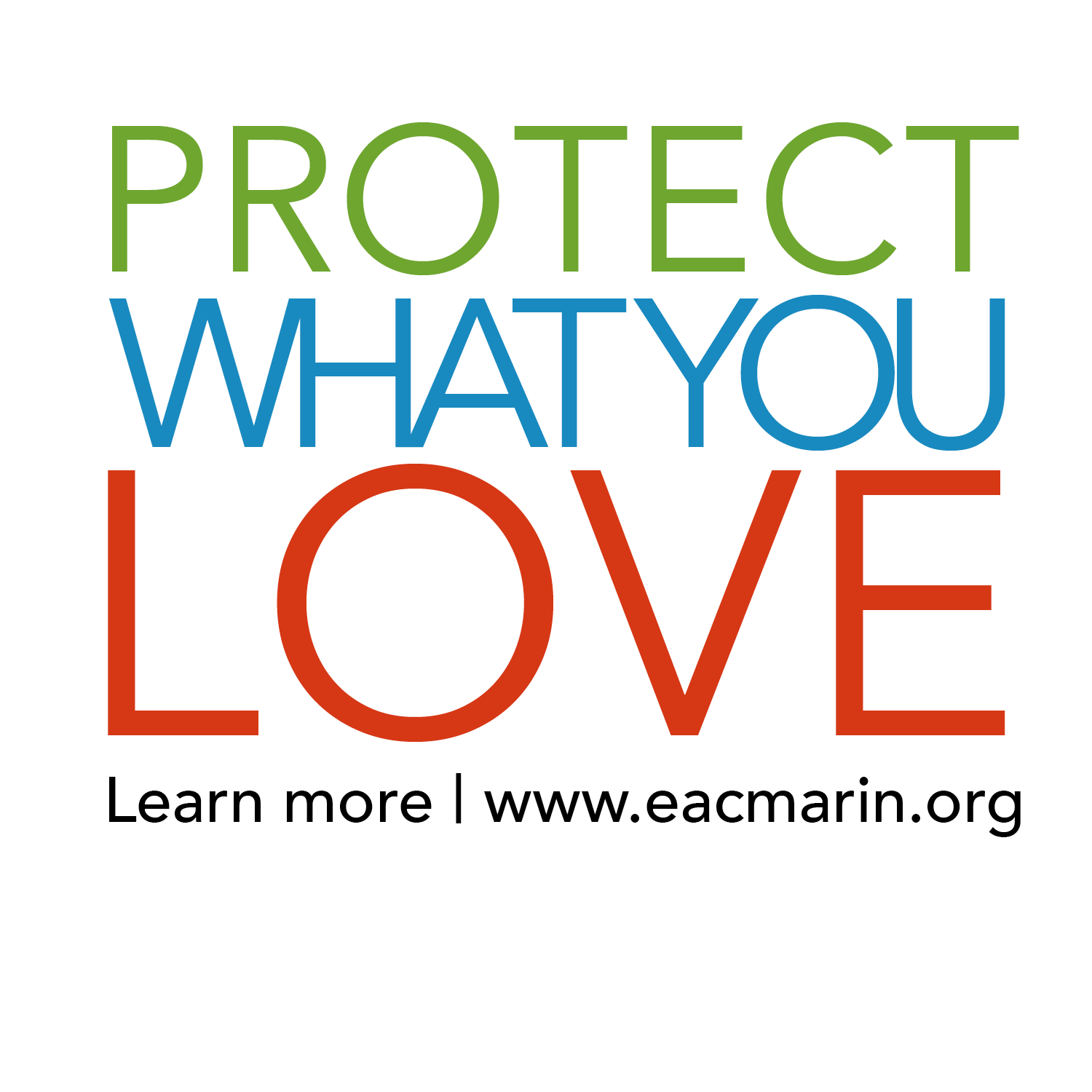 | |
|
| | | 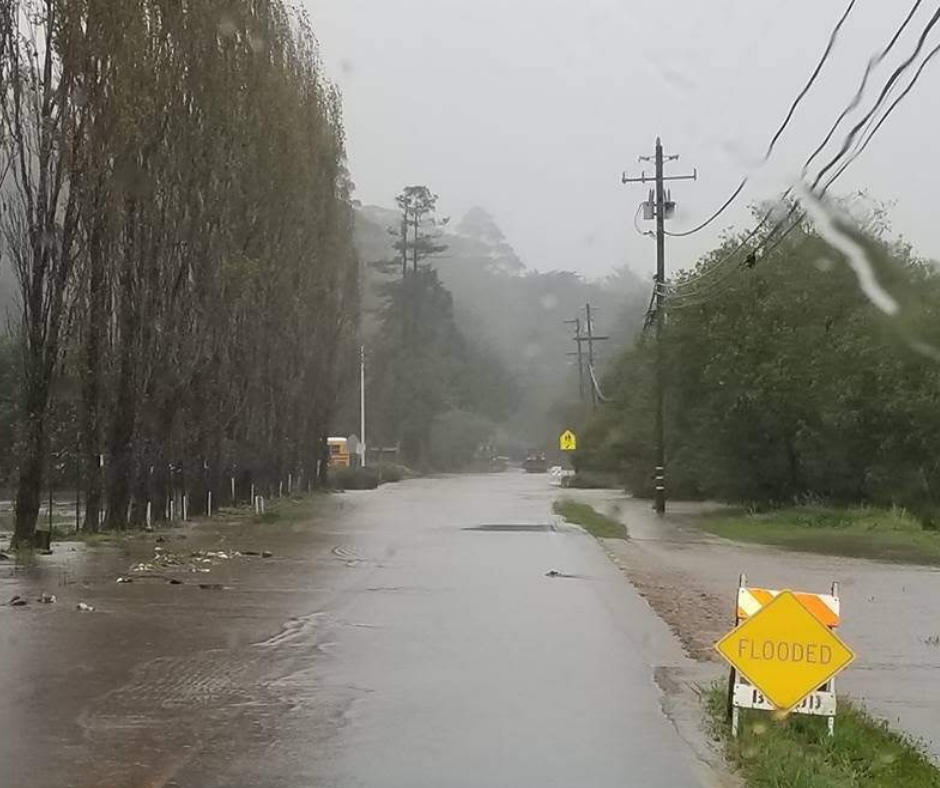 | | Our Coastal Climate Webinars are Online! With the LCP finalized and the County working on the hazards section, be sure to check out our talk on Rising Waters in Coastal Marin. |
| |
|
| Marin County LCP Update Fails to Include Coastal Planning that Addresses Climate Change For 13 years, EAC has remained steadfast in our involvement in the County of Marin’s (County) update to its Local Coastal Program (LCP). Last month, the County finalized the LCP without updating the critical chapter that addresses environmental hazards. Opting instead to move the LCP forward with retained hazards policies written in the 1980s. This is a problem, as our coastal communities are experiencing the impacts of a changing climate now. Having the long-term planning tools in place for development is critical. Where and how people build things will impact our communities in the coming decades. Due in part to EAC and Surfrider’s advocacy in July, the County was required to bring their plans to the California Coastal Commission (Commission) on August 12th for an informational update just three days after the IPCC’s report on climate was released to the public. At the hearing, several members of the public participated, highlighting their concerns and putting the County and our local Commissioners on record to stick to the County’s proposed timeline and collaborate with the Commission Staff. “We ask that Marin County uphold their commitment to updating the environmental hazards chapter in good faith with the Commission staff. Planning for the future of our vulnerable coastal communities needs to happen as soon as possible. The hazards chapter is especially important for coastal communities, as we are already experiencing impacts of the climate crisis with increased wildfire risks, rising sea levels, and emergent groundwater. Our County can’t afford any more delays,” said Morgan Patton, EAC Executive Director. Continue Reading to learn more about the Commission hearing and details on the now finalized LCP update. |
|
|
| 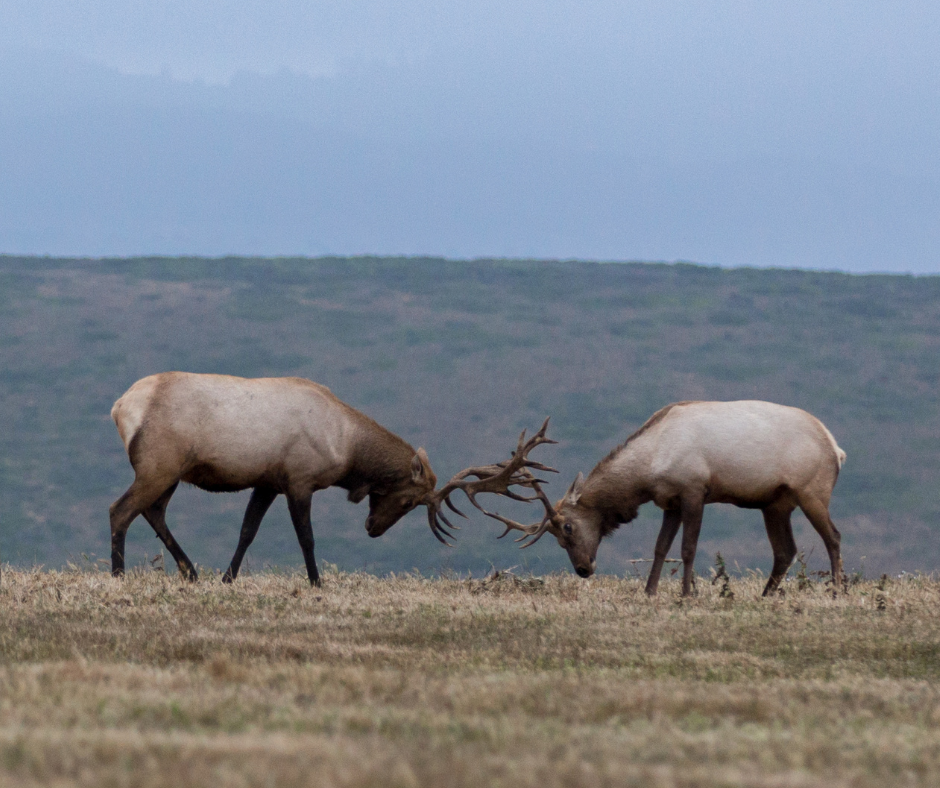 | Seashore Delays Management Plan Final Action & Announces Tribal Partnership Since our last e-news there have been two important updates in the saga of the Point Reyes National Seashore’s (Seashore) General Management Plan Amendment (GMPA) as our community awaits the final decisions on this plan that will direct the next 20-years of ranching activities allowed in the Seashore. First, a 60-day extension was granted to the Seashore for filing the Record of Decision (ROD), changing that date to September 13th. Pursuant to the 2017 legal challenge, the ROD was supposed to be filed on July 13th. This delay means that our community continues to wait for the final action in this process for another few weeks. Second, on August 10th, the Federated Indians of Graton Rancheria (FIGR) and the Seashore announced a twenty-year General Agreement for government-to-government partnership, believed to be the first of its kind nationally. The efforts of the management agreement will focus on designations of Native American Traditional Cultural Properties eligible for listing on the National Register of Historic Places and ensure Tribal views and traditional ecological knowledge are part of the management of the tule elk and ranching lands in the Seashore. EAC is supportive of tribal partnerships and inclusion in the management of the Seashore. The General Agreement between the two parties has not been released for public review; when that is made available we will share with our community and be able to comment on the new plan in greater detail. Other tribal community members have expressed interest in participating in decisions regarding cultural preservation of Coast Miwok sites, rebuilding the roundhouse at Kule Loklo, treatment of Tule elk, and more. The Coast Miwok Tribal Council of Marin represents individuals who are confirmed by the Bureau of Indian Affairs documentation as the Most Likely Descendants of the area who should be included in a transparent and collaborative pathway forward to improve inclusion in this process. Continue Reading for additional details on the plans and statements from FIGR and the Seashore. |
|
|
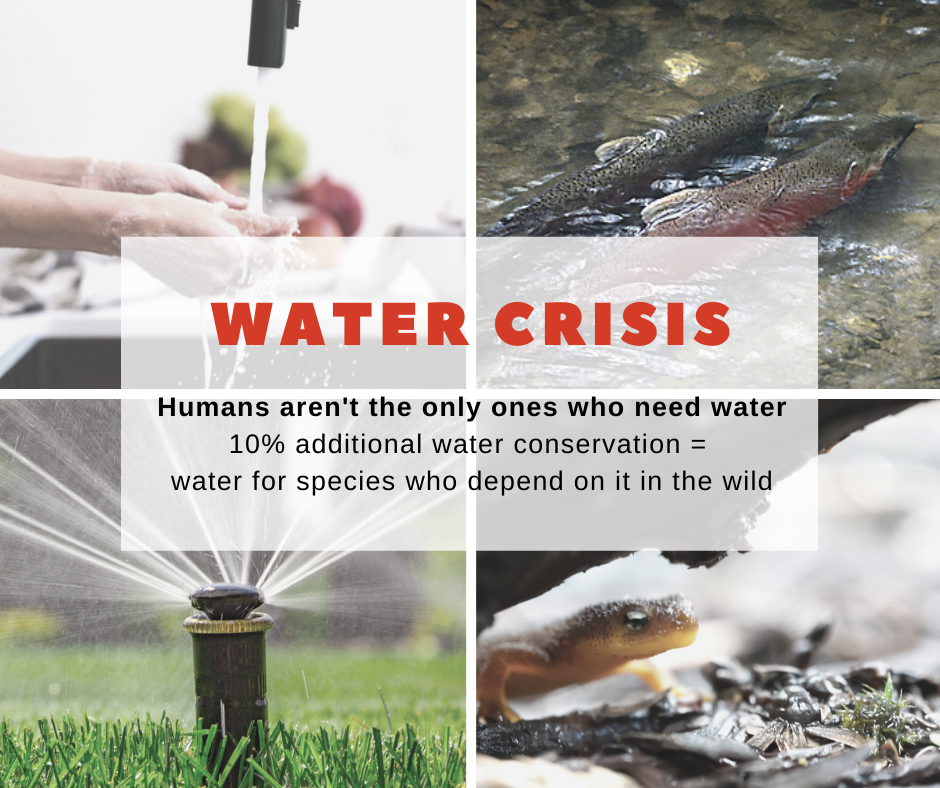 | Saving Water for Species The climate crisis is highlighting issues in our water supply locally and throughout the western United States. The severe drop in rainfall this winter, coupled with continuing drought conditions, and local effects of the global climate crisis have forced Marin County water agencies to impose water restrictions. Marin is particularly vulnerable to water shortages, as the County is fairly isolated in terms of water, and the primary water supply is from local reservoirs, with additional sources coming from wells, recycled and imported water, collectively managed by seven local water districts. As our communities embrace the challenges of water shortages, we must remember...we share water with other species. Water is the lifeblood of the ecosystem and removing that water for human use has profound impacts on the entire ecosystem, stressing vegetation and species, with specific negative impacts to endangered species, like the salmon, who are fighting for survival. The Marin Water district is considering emergency plans to reduce the amount of water made available to aquatic species through creek flow releases this winter. The proposed reduction in water for Lagunitas creek is equal to an additional 10% of conservation measures Marin Water customers can make now to ensure the health and resilience of our watersheds and creeks matter, which can be done. On August 30th, the Marin Water District Operations Committee will meet and consider a proposal to reduce the winter discharge of water to Lagunitas Creek in December 2021. We are asking for community members to participate in this meeting and ask the Marin Water Operations Committee to reject proposals to take water from the creek and instead implement stronger conservation measures to meet water supply targets. The amount of water that would be removed from the environment is well within conservation targets of the community. For the environment, the reduction of water may be significant. Learn more about the meeting: Calendar and Committee Check with your local water district for specific conservation measures and restrictions. For general water saving tips, check out the state’s www.saveourwater.com. Marin Water now has a recycled water filling station open to any Marin County resident. Download EAC's report, Beneath the Surface: Groundwater, a Proactive Analysis Exploring California and Marin County Water Resilience in a Changing Climate. |
|
|
| 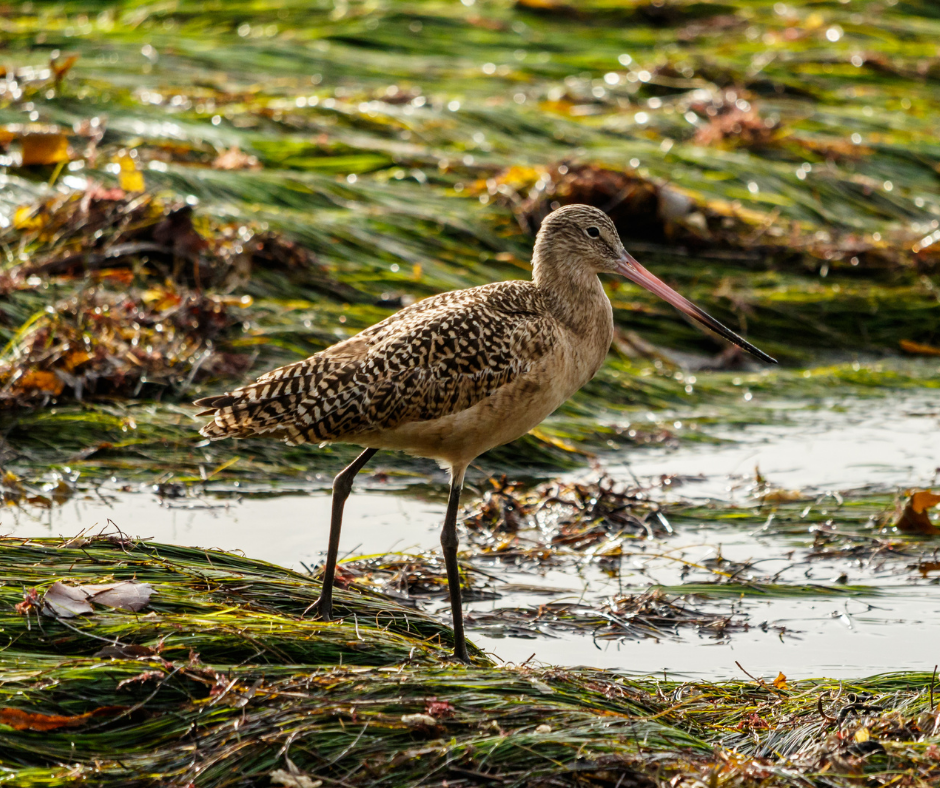 | Protecting our Coast to Drawdown Greenhouse Gases We are facing a climate emergency, and the ocean is a powerful source of solutions that have the potential to provide a fifth of the greenhouse gas emission reductions needed globally to limit temperature rise to 1.5°C. Kelp forests and our coastal environments are being hit hard by climate change and other habitat loss impacts and need protection to help combat the climate crisis and drawdown greenhouse gas emissions. Blue (aquatic) carbon is a very valuable resource to sequester carbon found in salt marshes, eelgrass beds, and tidal wetlands. Restoring blue carbon ecosystems could remove about 0.5% of current global emissions, with co-benefits for local ecosystems and livelihoods. Earlier this month, Oregon released a new Climate Plan that is the first in the United States to account for the blue carbon benefits of coastal habitats. Due to the urgency of the climate crisis, a lot of exciting things are happening for our coasts and oceans at both the state and federal levels including efforts to conserve 30% of the land and water by 2030 (30x30) and important federal legislation like the Ocean Climate Solutions Act, the Keeping Ecosystems Living and Productive (KELP) Act, and the Blue Carbon Protection Act. You can count on EAC to advocate for nature-based solutions, the protection of blue carbon, and our invaluable coastal resources by supporting 30x30 efforts, collaborating with other NGOs including as part of the California Blue Carbon Collaborative and the Wetlands Restoration Principles coalition, and by providing local, state, and federal support for these priceless and threatened habitats. Locally, we are engaged in climate adaptation as part of the Coastal Communities Working Group, organized by the County of Marin. Continue Reading to learn more about federal 30x30 efforts which include coastal resource protection, the Make America Beautiful Initiative including public participation opportunities. |
|
|
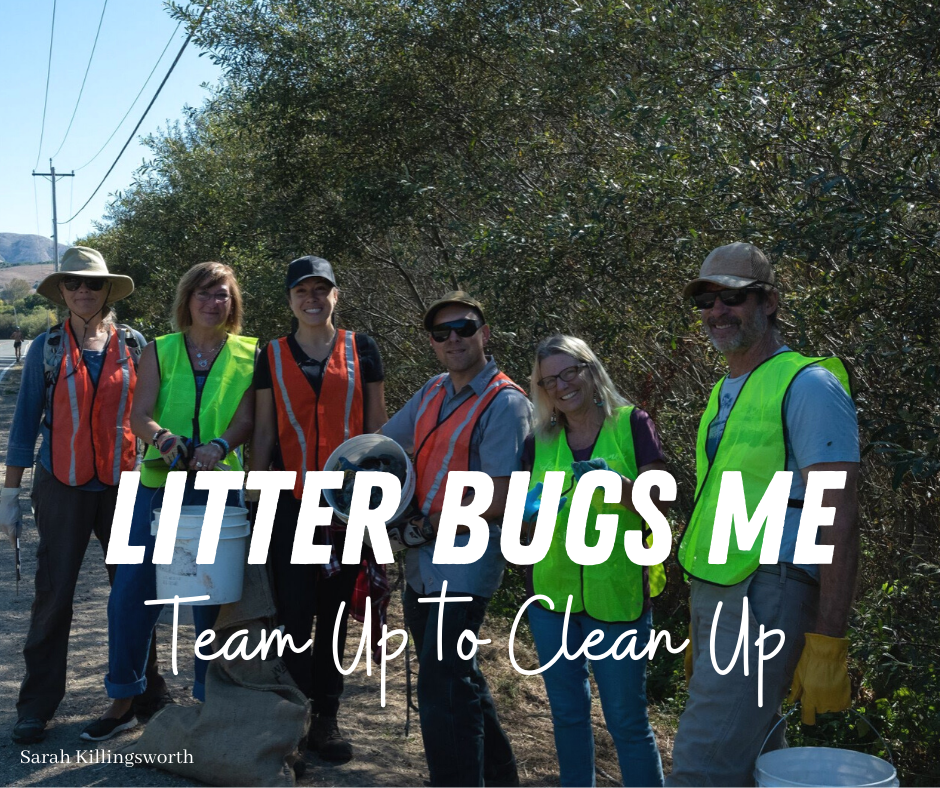 | Join Us for Litter Bugs Me, Our Annual Roadside Clean Up in West Marin! As a gateway community to three national parks, three state parks, open space, and agricultural lands, as well as a residential community, West Marin is a hot spot for Bay Area tourism. While tourism helps support the local economy, we also notice an accumulation of trash along the roadsides after the busy summer tourist season, especially with our increased use of single-use containers during the pandemic. In an effort to clean up the watershed before the winter rains wash this material into our creeks, bays, and ocean, we are inviting community groups (nonprofits, associations, clubs, friend groups) to join us as Team Up to Clean Up crews. Each group will adopt a West Marin roadside to clean between September 13th - 18th, 2021. If you have a group who would like to participate, email or call 415-663-9312 for more information. Individuals can sign up to volunteer with EAC to help us with our adopted roadside clean up on Saturday, September 18 (also Coastal Cleanup Day) from 9 am - 12 pm. Our crews will clean up at various locations including: Platform Bridge Road, Point Reyes Station, White House Pool, and the Giacomini Wetlands. Volunteers are needed to help with one of three jobs: - Volunteer to pick up trash (various places)
- Volunteer your flatbed/pickup truck to transport bags of trash from various locations to White House Pool
- Volunteer for the sort and weigh station at White House Pool
Sponsored by Homelight and Recology Sonoma Marin. |
| |
|
| | | 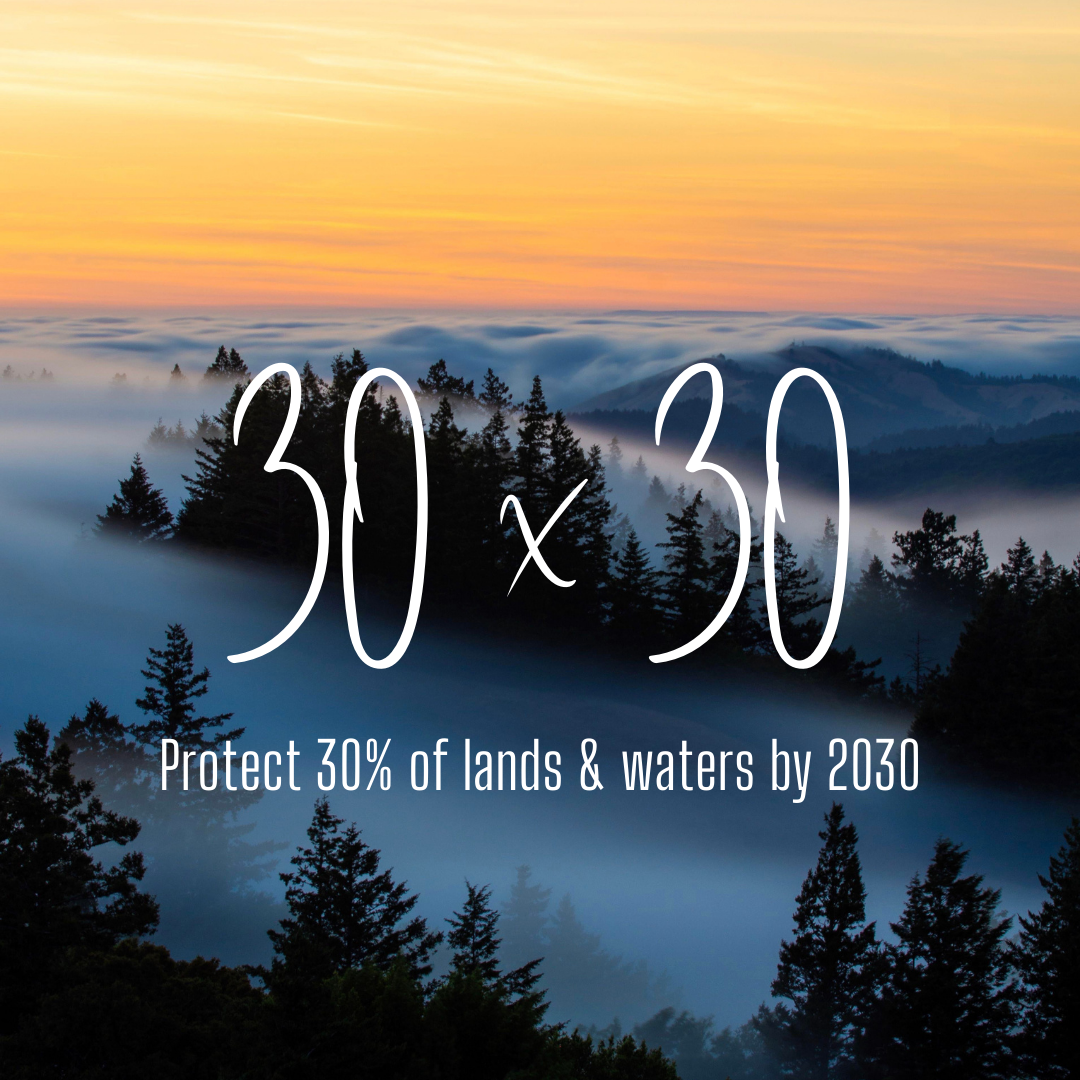 | | The California Natural Resources Agency is launching a series of virtual topical workshops focused on the State’s commitment to conserve 30 percent of California’s lands and coastal waters by 2030 (30x30) and enlist California’s vast network of natural and working lands in the fight against climate change. They just wrapped up their last topical workshop on coastal issues on 8/17. Watch back a workshop Read more about 30x30 Want to learn more or submit a comment? Comments are due 9/3. |
|
|
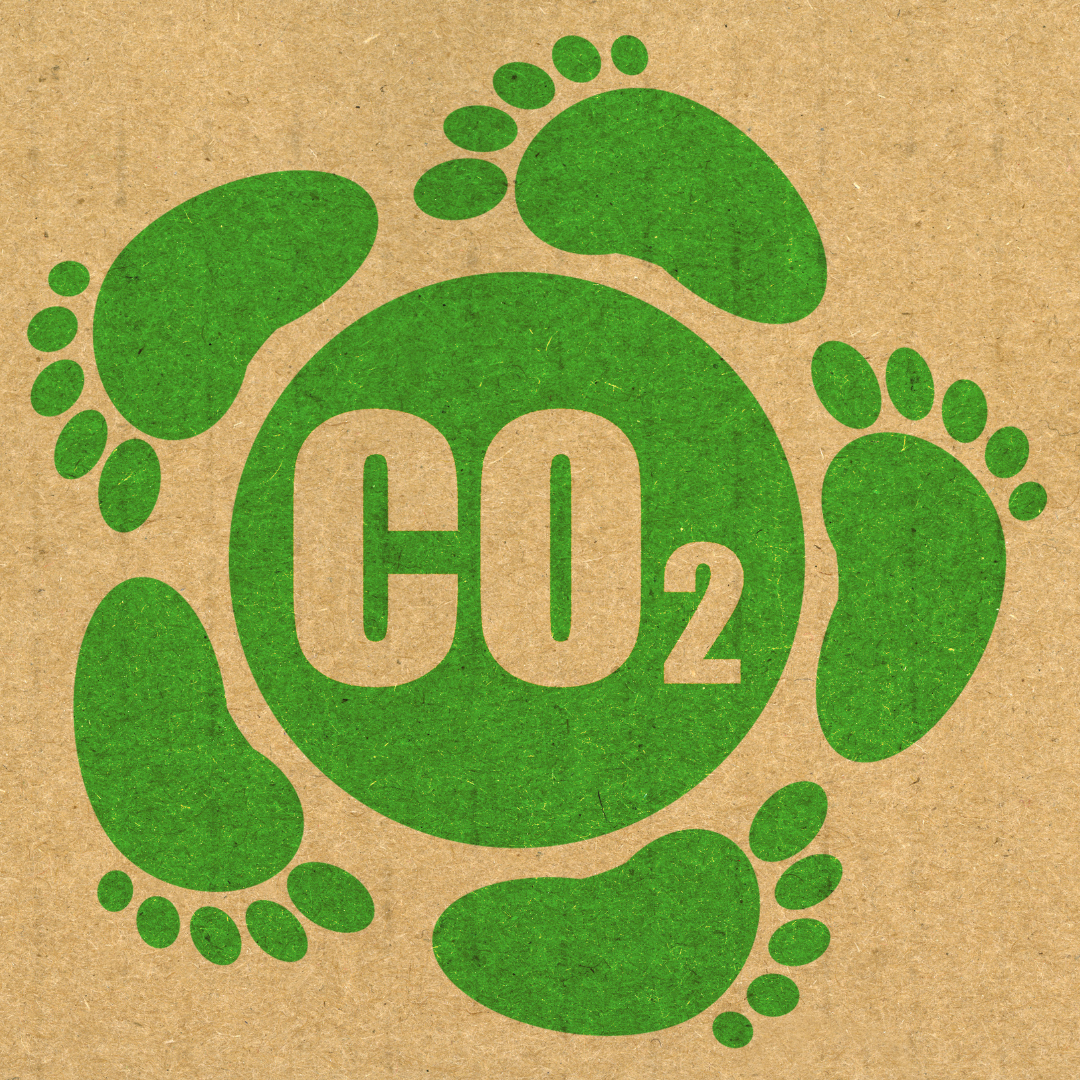 | | Drawdown: Marin needs your help implementing local climate and equity solutions and reducing greenhouse gas emissions below zero by 2045. Join them at a public workshop to learn how you can support efforts to address climate change as Drawdown: Marin becomes a nonprofit organization. September 14th 5:30 pm - You'll learn how our new nonprofit will partner with the County to effectively implement the Drawdown: Marin Strategic Plan
- You'll learn how you can get involved right now and how you can apply to serve on the Board of Directors that will decide how to address climate change countywide
Learn More & Register |
|
|
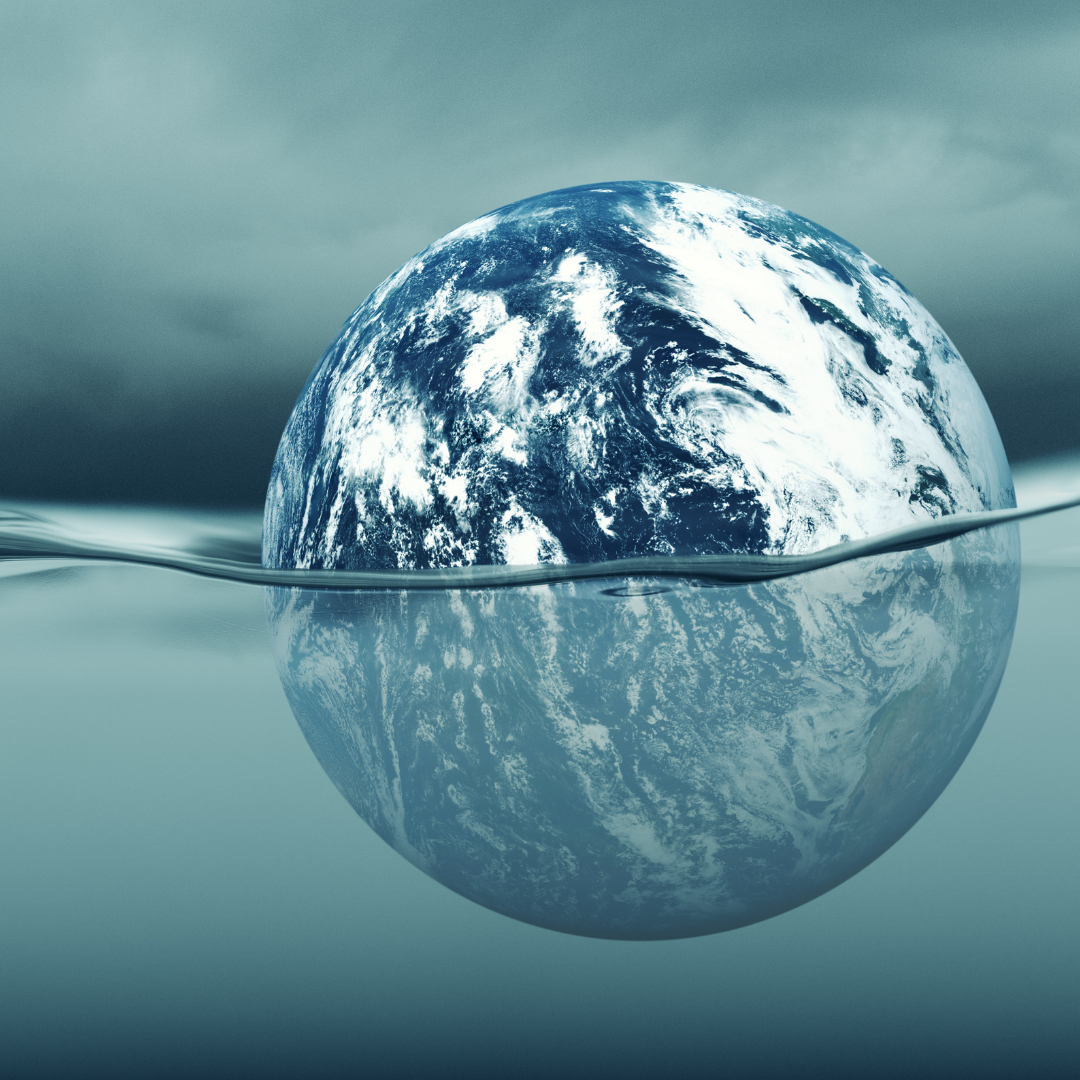 | | The California Coastal Commission’s Draft Critical Infrastructure Sea Level Rise Planning Guidance has just been posted. Please review and consider commenting on this important issue! The deadline for the public to comment is September 24th and comments should be sent to StatewidePlanning@coastal.ca.gov. “We must take action now to plan for resilient and inclusive coastal communities,” said Coastal Commission Vice Chair Donne Brownsey. “One study in the guidance found that 4.6 feet of sea level rise would threaten or damage hundreds of miles of highways and railways, and thousands of miles of road. The scientific data and the economic consequences are profound and undeniable.” |
|
|
| | | | Join the West Marin Climate Action team for a deep dive into water conservation and gardening and build your knowledge of gardening in times of drought. Thursday, August 26
7:00pm – 8:30pm PST Speakers will provide information to help you make the critical choices that may be necessary to maintain as many plants as possible, given this year’s serious water shortage. In addition, participants will learn about the status of Inverness' water supply, as well as updates on use trends and conservation restrictions. Learn More & Register |
|
|
| Join River Otter Ecology Project’s Art, Poetry, and Photography Contest and Fundraiser! The Splash is back! Please join River Otter Ecology Project’s 2021 Art, Poetry, and Photography Contest and Fundraiser. All ages are invited to submit, and entry is FREE for those under 18. 2020 contest winners Enter the Splash contest |
|
|
| Join the Environmental Forum of Marin at their upcoming online event: Biodiversity: the essential survival strategy for the climate crisis. Thursday, September 9
4:00pm – 5:30pm PST “Biodiversity” refers to the huge variety of living species on earth, from blue whales to bacteria. Human activity has disrupted this vast and interconnected web of life, harming other species and ultimately our own. Scientists are increasingly telling us that biodiversity is our best-odds strategy for addressing climate change… and that, in fact, the climate crisis and biodiversity crisis are interwoven and can only be resolved together. Learn More & Register |
|
|
| | Learn More About Our Ongoing Campaigns |
| We endeavor to keep our website up to date with the latest information on our campaigns and included some quick links in case the topic you're most interested isn't featured in this month's e-news! Some links to campaigns below or click on the images to view those pages directly. |
|
|
| | | | | | Our Online Store - Giving with Purpose Give a gift with purpose and support our nonprofit mission with a gift from our online store. Shop hats, totes, tees, sweatshirts and more in a variety of styles. Shop Now |
| |
|
| Contact Us Environmental Action Committee of West Marin (EAC)
PO Box 609 | 65 Third Street Suite #12
Point Reyes Station, CA 94956
(415) 663.9312 | info@eacmarin.org
www.eacmarin.org | www.pointreyesbirdingfestival.org |
| |
|
|